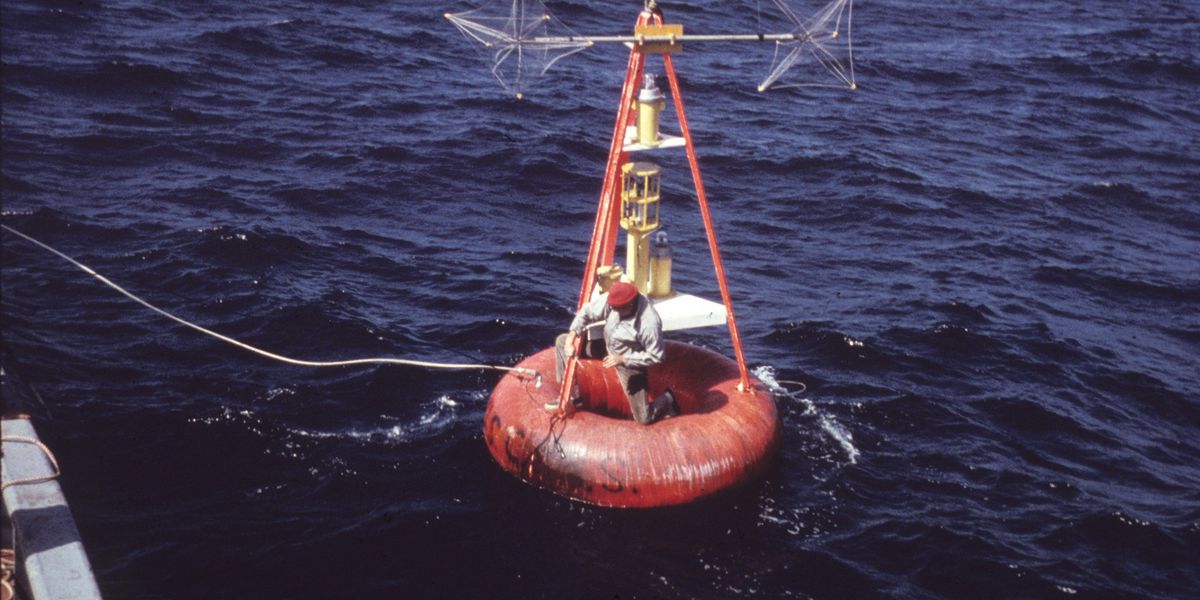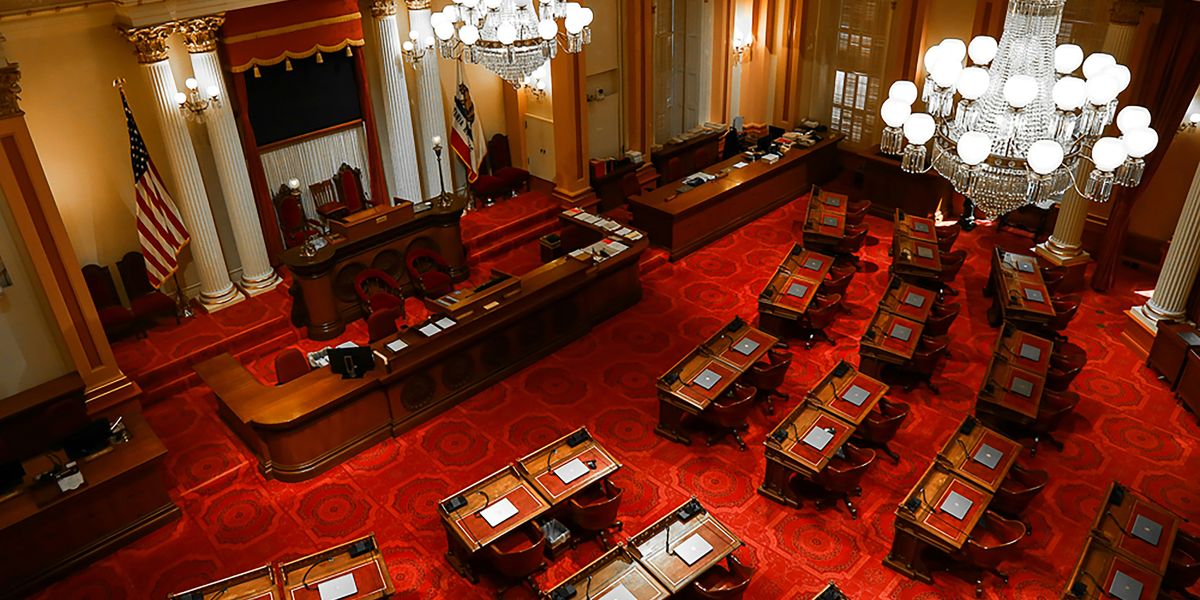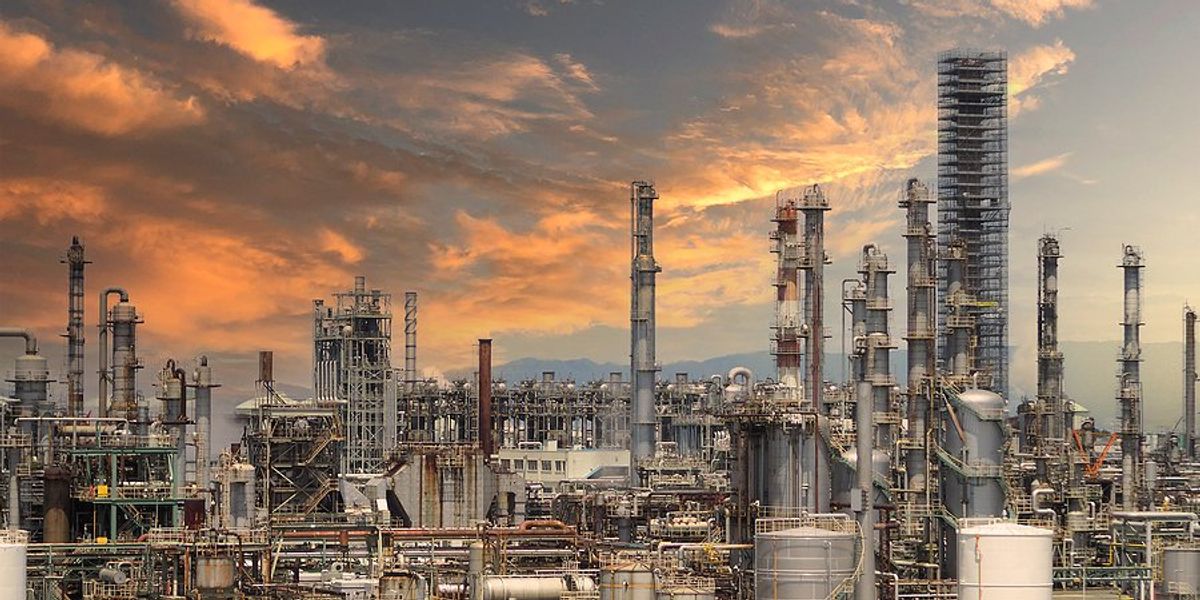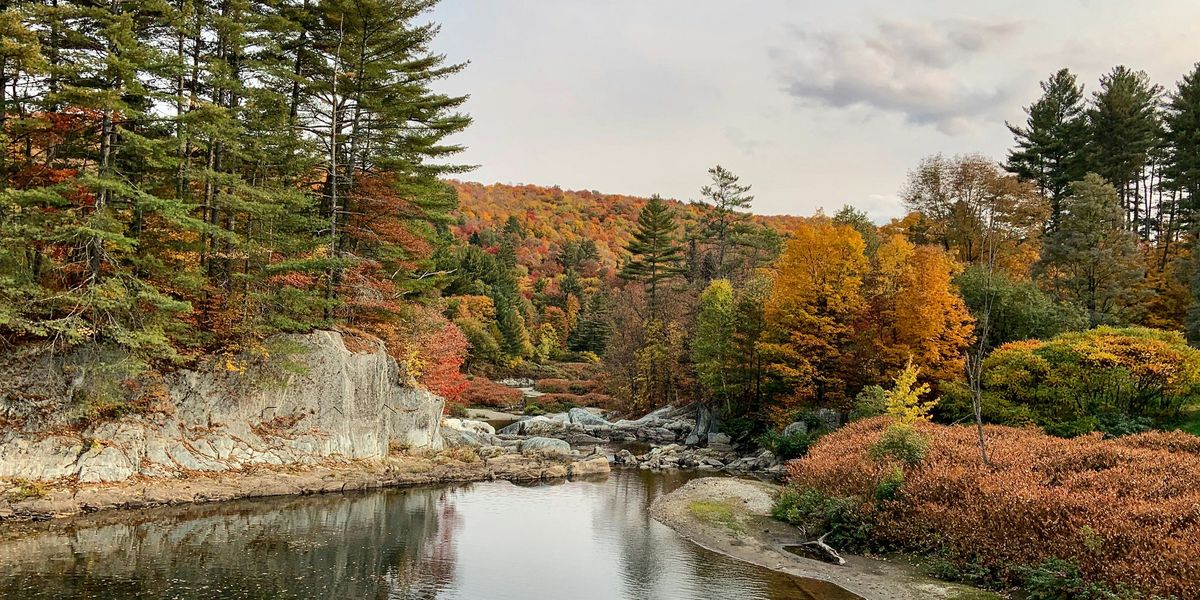
Greenland navigates modern change while holding tight to Inuit roots
As Greenland rapidly modernizes amid a warming climate and rising global attention, many residents are working to preserve traditional Inuit ways of life alongside economic growth and political shifts.
Jeffrey Gettleman reports for The New York Times.
In short:
- Greenland is experiencing fast-paced development, including new airports, tourism expansion, and interest in its mineral resources, but residents resist abandoning Inuit culture.
- Climate change is transforming the landscape, thinning the ice and altering hunting patterns, while small coastal communities shrink as people move to growing towns.
- Many Greenlanders, though skeptical of U.S. involvement, also seek independence from Denmark, whose colonial legacy and ongoing influence remain deeply felt.
Key quote:
“Never, ever say you’re just a hunter. You are the most important people in our culture.”
— Qupanak Olsen, member of Greenland’s parliament
Why this matters:
Greenland, the world’s largest island, has long been known for its ice. But as the climate warms and the Arctic melts faster than scientists once predicted, Greenland is becoming something else entirely: a focal point for global competition, ecological uncertainty, and Indigenous resilience. The island’s retreating ice sheets are opening access to minerals, oil, and new shipping lanes — resources that have caught the attention of the U.S., China, and the European Union. For major powers, it’s a geopolitical frontier. For Greenlanders, mostly Inuit, it’s home — where warming seas and vanishing ice aren’t just headlines, they’re threats to food systems, language, and the rhythms of daily life.
As environmental shifts redraw the map, Greenlanders are grappling with a profound question: How do you safeguard a culture rooted in ice when the ice is disappearing? Many have welcomed greater autonomy from Denmark and the promise of an economy less reliant on fishing subsidies, yet those same economic prospects — like mining and tourism — bring environmental damage and social upheaval. It’s a tension playing out in real time: a fight not just for land or wealth, but for identity in a place where the past, present, and future are all shaped by the speed of the thaw.













